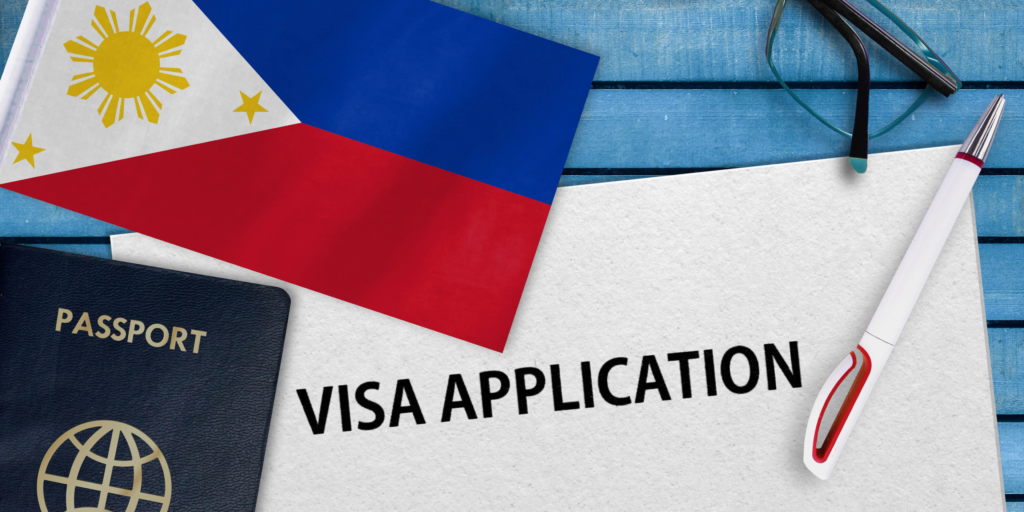E-notarization, or electronic notarization, is a step in modernizing the way legal documents are notarized. This innovation ensures faster, safer, and more efficient processing of notarized documents, which is very important for various transactions that require an apostille or authentication, property transfers, stock transfers, and chattel mortgages.
Online Notary Legal Framework in the Philippines
The modernization began with the enactment of the Electronic Commerce Act of 2000, also known as the Republic Act No. 8792, which recognized the legality of electronic documents and signatures. This legislative framework laid the groundwork for integrating digital processes into legal transactions.
When the COVID-19 pandemic came, the Supreme Court issued the 2020 Interim Rules on Remote Notarization of Paper Documents (A.M. No. 20-0704-SC) on July 14, 2020. This rule allows the remote notarization of paper documents with handwritten signatures, utilizing videoconferencing technology to facilitate notarial acts without physical presence in response to the restrictions brought on by the pandemic.
Upon these developments, the Supreme Court recently approved the comprehensive Rules of Electronic Notarization (A.M. No. 24-10-14-SC). These rules were subsequently published on March 9, 2025, and set to take effect 15 days after the publication, which will be on March 24, 2025.
Rules of Electronic Notarization

As part of the Supreme Court’s Strategic Plan for Judicial Innovations (SPJI) 2022-2027, the court has reformed the traditional notarization process under the 2004 Rules on Notarial Practice, which allows notarization for electronic documents, including remote notarization through accredited software applications.
The A.M. No. 24-10-14-SC also introduced Electronic Notaries Public (ENPs) to perform notarial acts for individuals located anywhere in the Philippines and abroad in certain cases. This expands the jurisdiction from the previous 2004 Notarial Rules, where traditional notaries public were restricted to perform notarial acts only within their jurisdiction.
This is a ground-breaking step as it provides accessibility, particularly for those in remote areas.
There are three (3) forms of E-Notarization, namely In-Person Electronic Notarization, Remote Electronic Notarization, and Mixed In-Person and Remote Notarization. In In-Person Electronic Notarization (IEN), both principals and witnesses are physically present before the ENP, using the Electronic Notarization Facilities (ENF) within the same location. On the other hand, in Remote Electronic Notarization (REN), both principals and witnesses appear virtually before the ENP via secure videoconferencing.
In line with the security measures on using electronic platforms, the rules mandate Multi-Factor Authentication (MFA), incorporating facial recognition, biometrics, and one-time password (OTP), aligning with the regulations set by the Bangko Sentral ng Pilipinas (BSP). Additionally, the integrity of the electronic notarial book is safeguarded against tampering, and all data stored within ENFs are protected under the Data Privacy Act (DPA).
Keep in mind that the Rules require that the electronic document must be in Portable Document Format (PDF) or Portable Document Format Archival (PDF/A).
Restrictions and Limitations of E-notarization
While E-notarization promotes a progressive shift in the Philippine legal system, there are still certain restrictions in place, such as:
The rules do not apply to notarial wills, deposition taking, and paper documents with wet signatures or marks, which remain governed by the 2004 Rules on Notarial Practice.
Notaries public must apply for accreditation with the Supreme Court to perform electronic notarization, demonstrating their capability to undertake such work. The court shall designate an electronic notary administrator to supervise the operation of accredited electronic notaries.
Get your Documents Notarized Today!
With e-notarization officially rolling out in the Philippines, now is the perfect time to go digital with your legal documents. While waiting for the Supreme Court’s final approval on the application that will be used for e-notarization, we continue to provide traditional notarial services to ensure your documents remain legally valid.
Contact us today to learn more about how we can assist you with fast, secure, and legally compliant notarial services. Let’s make your legal processes more convenient and efficient!







